
Allied Health courses in Maryborough
Course providers in Maryborough
The following providers offer Allied Health courses in Maryborough.



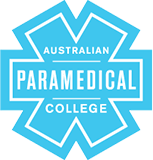






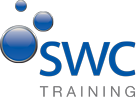
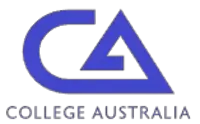






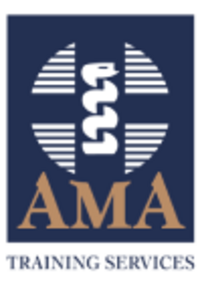











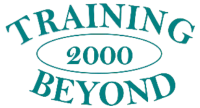





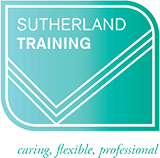





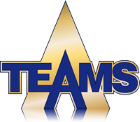
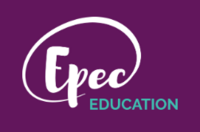




Career Pathfinder
Skills shortages + AI Exposure
Discover in-demand careers and understand how each role may be impacted by AI and automation.
- See in-demand occupations across Australia
- Check AI Exposure ratings
- Compare training duration and average income
Common questions
Occupational therapists help patients perform tasks in daily life, while physiotherapists help patients improve their movement, strength and function. The term occupation refers to everyday life tasks, while physiotherapy refers to physical therapy. Both are science-based allied health roles that aim to improve quality of life through prevention, maintenance and treatment.
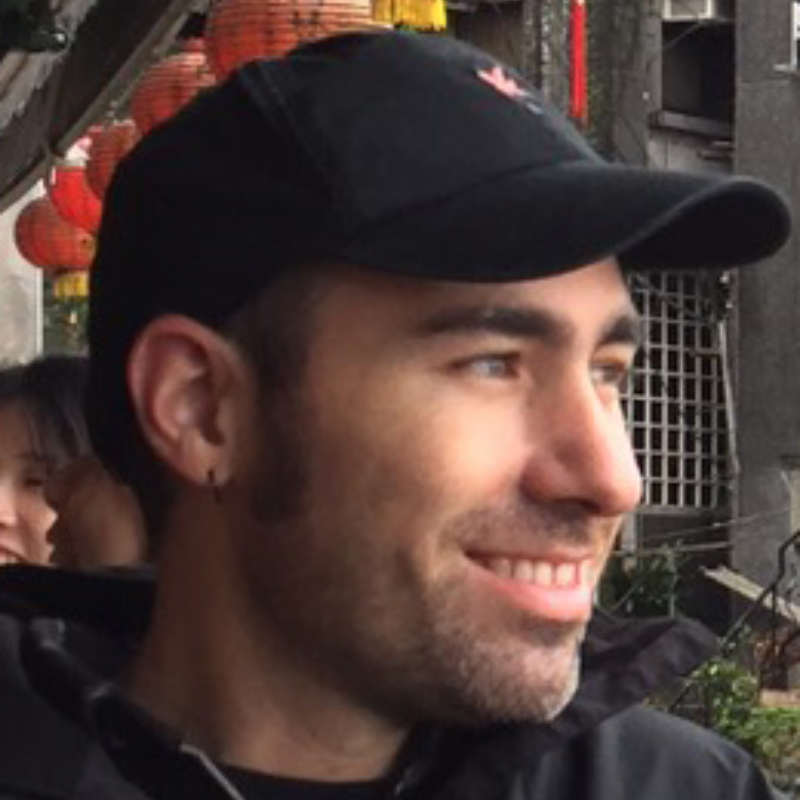 Stephen Charlton
Stephen Charlton
You can become qualified to work as an occupational therapist by completing one of the following degrees, depending on your educational pathway:
- Master of Occupational Therapy (postgraduate degree)
Average duration: 24 months - Bachelor of Occupational Therapy (Honours)
Average duration: 4 years - Bachelor of Occupational Therapy
Average duration: 4 years
 Stephen Charlton
Stephen Charlton
You can become qualified to work as a physiotherapist by completing one of the following degrees, depending on your educational pathway:
- Doctor of Physiotherapy (postgraduate degree)
Average duration: 3 years - Master of Physiotherapy (postgraduate degree)
Average duration: 24 months - Bachelor of Physiotherapy (Honours)
Average duration: 4 years - Bachelor of Physiotherapy
Average duration: 4 years
 Stephen Charlton
Stephen Charlton
Yes, you need to complete an accredited degree to work legally as an occupational therapist or physiotherapist in Australia. The two core pathways are completing a bachelor’s degree or a postgraduate degree. The Occupational Therapy Council of Australia and Australian Physiotherapy Council are responsible for accrediting such courses.
 Stephen Charlton
Stephen Charlton
Yes, overseas-qualified practitioners can work in Australia by registering with the Occupational Therapy Board of Australia or Physiotherapy Board of Australia. Practitioners who are currently registered with the Occupational Therapy Board of New Zealand or Physiotherapy Board of New Zealand can apply directly for Australian registration. Other overseas-qualified practitioners have to fulfil the requirements listed on the relevant webpages of the Occupational Therapy Board of Australia and Physiotherapy Board of Australia.
 Stephen Charlton
Stephen Charlton
If you have already completed an approved degree in a different discipline, you can gain an accredited postgraduate degree to become qualified to work as an occupational therapist or physiotherapist. Examples of such degrees are a Master of Occupational Therapy, Master of Physiotherapy and Doctor of Physiotherapy. Postgraduate degrees in these fields may have additional entry requirements, including but not limited to health-related prerequisite subjects.
 Stephen Charlton
Stephen Charlton
In some cases, completing vocational education and training (VET) in a related discipline can allow you to meet the entry requirements for a bachelor’s degree in these fields. Entry requirements vary between educational providers. Some providers offer a VET entry pathway with a minimum of a Certificate IV, but others require a minimum of a diploma or advanced diploma. Some providers do not offer a VET pathway for these courses at all. Therefore, it’s wise to confirm the entry requirements for your desired bachelor’s degree before starting a VET course.
 Stephen Charlton
Stephen Charlton
In addition to completing an accredited degree, occupational therapists and physiotherapists will need to register with the Occupational Therapy Board of Australia or Physiotherapy Board of Australia to work in Australia. The Australian Health Practitioner Regulation Agency (AHPRA) administers practitioner registration on behalf of these boards. There are different requirements to gain registration for Australian-qualified practitioners, New Zealand-registered practitioners, and other overseas-qualified practitioners.
 Stephen Charlton
Stephen Charlton
Career paths for these professions include independent contracting, starting a practice, working in community care, paediatrics, mental health, rehabilitation, disability, medical or aged care sectors).
 Stephen Charlton
Stephen Charlton
Jobs and Skills Australia reports that the median full-time weekly earnings for occupational therapists and physiotherapists in 2024 are $1,526 and $1,710, respectively. These figures can be contrasted with Australian workers of all occupations, who earn a median full-time weekly income of $1,697.
 Stephen Charlton
Stephen Charlton
There is a significant demand for occupational therapists across Australia. Jobs and Skills Australia’s Occupation Shortage List indicates that the labour market had a shortage of occupational therapists across all states and territories from 2022 to 2024.
 Stephen Charlton
Stephen Charlton
There is substantial demand for physiotherapists in Australia. Jobs and Skills Australia’s Occupation Shortage List indicates that the labour market experienced a shortage of occupational therapists and physiotherapists in most states and territories from 2022 to 2024.
 Stephen Charlton
Stephen Charlton
Working as an occupational therapist or physiotherapist comes with the satisfaction of directly helping to improve patients’ quality of life. Furthermore, the job market is promising, as Jobs and Skills Australia reports there is significant labour market demand for both professions. The future outlook is also positive, as Jobs and Skills Australia reports that the annual employment growth in 2024 for occupational therapists and physiotherapists is 2,200 and 4,100, respectively.
 Stephen Charlton
Stephen Charlton
Further reading


What can you do with a Certificate IV in Allied Health Assistance (Physiotherapy)?
3rd March 2022
What can you do with a Certificate III in Allied Health Assistance?
8th January 2020All courses
- HLT33021 Certificate III in Allied Health Assistance
- HLT47321 Certificate IV in Health Administration
- CHC43315 Certificate IV in Mental Health
- CHC53315 Diploma of Mental Health
- HLT52021 Diploma of Remedial Massage
- HLT41120 Certificate IV in Health Care
- HLT54121 Diploma of Nursing
- 22656VIC Advanced Diploma of Myotherapy
- Bachelor of Biomedical Science (Health)
- Bachelor of Biomedical and Exercise Science
- Bachelor of Sport and Exercise Science (Honours)
- Undergraduate Certificate in Health Care Communications
- Bachelor of Social Work (Honours)
- Bachelor of Physiotherapy
- HLT43312 Certificate IV in Medical Practice Assisting
- 11251NAT Mental Health Recovery Work Skill Set
- HLT32912 Certificate III in Health Administration
- BSB42015 Certificate IV in Leadership and Management (Health Practice Managers)
- Bachelor of Medical Imaging
- HLT31220 Certificate III in Basic Health Care
- HLT33015 & HLT43015 Dual Certificate III in Allied Health Assistance & Certificate IV in Allied Health Assistance (Occupational Therapy)
- Master of Social Work
- Master of Sports and Exercise Physiotherapy
- HLT43015 Certificate IV in Allied Health Assistance (Occupational Therapy)
- HLT47715 Certificate IV in Medical Practice Assisting
- Graduate Diploma in Digital Health
- Biomedical Science (Exercise and Health)
More about Allied Health courses
Are you looking to embark on a rewarding career in the Allied Health field? In Maryborough, 4650 Australia, there are several courses available that cater to beginners, enabling you to gain the essential skills and knowledge needed to succeed in various health-related roles. Among the popular options, the Certificate III in Individual Support (Disability) CHC33015 and the Chronic Disease Self-Management course provide an excellent foundation for those new to this sector. These courses are recognised by industry bodies and are designed to equip you with practical skills for immediate employment opportunities in health support roles.
The Allied Health sector encompasses a wide range of specialisations, making it an exciting field to enter. In Maryborough, you can explore various study areas, including Occupational Therapy, First Aid, and Psychology. With established training providers offering courses in these fields, learners can choose paths that align with their interests and career aspirations. Additionally, Allied Health professionals play a crucial role in the healthcare system, supporting patients and improving their quality of life.
Completing courses in Allied Health not only prepares you for diverse career options but also opens doors to further study and professional development. In Maryborough, the local job market is continuously growing, with opportunities in areas such as Audiology, Naturopathy, and even Radiography and Medical Imaging. These roles are vital for community health, and the demand for qualified professionals is on the rise, ensuring job security for graduates.
For those interested in pursuing a fulfilling career in the Allied Health sector, the range of available courses in Maryborough is an excellent starting point. By enrolling in courses like the Certificate III in Individual Support (Disability) CHC33015 or the Chronic Disease Self-Management, you can take your first step towards a meaningful profession. With the supportive environment of training providers and the growing industry demand, you will be well on your way to making a positive impact in the community while nurturing your career.
